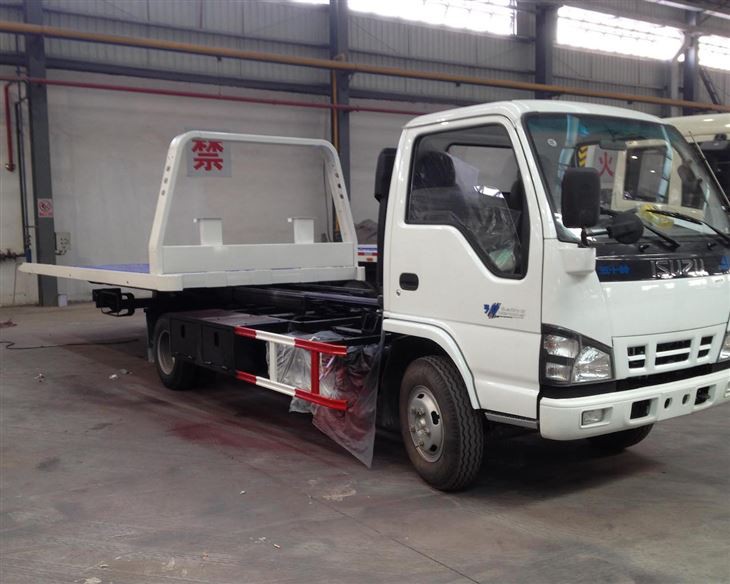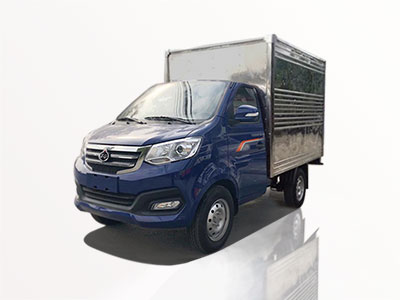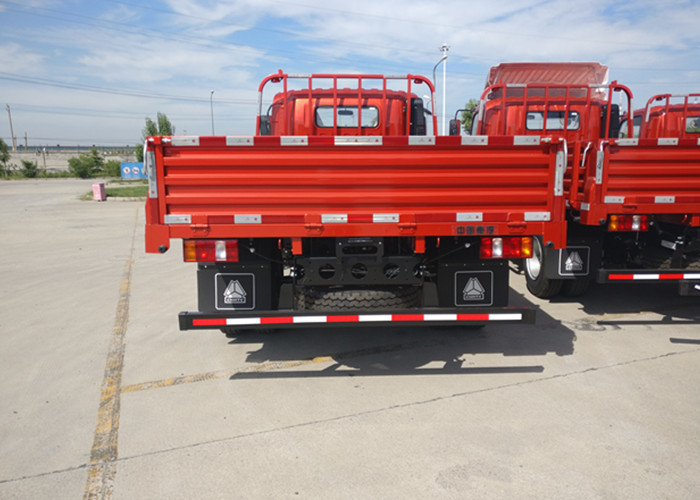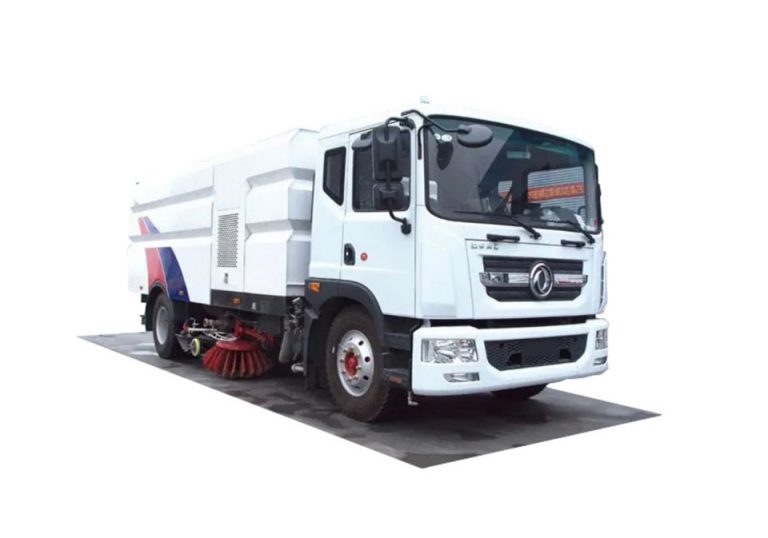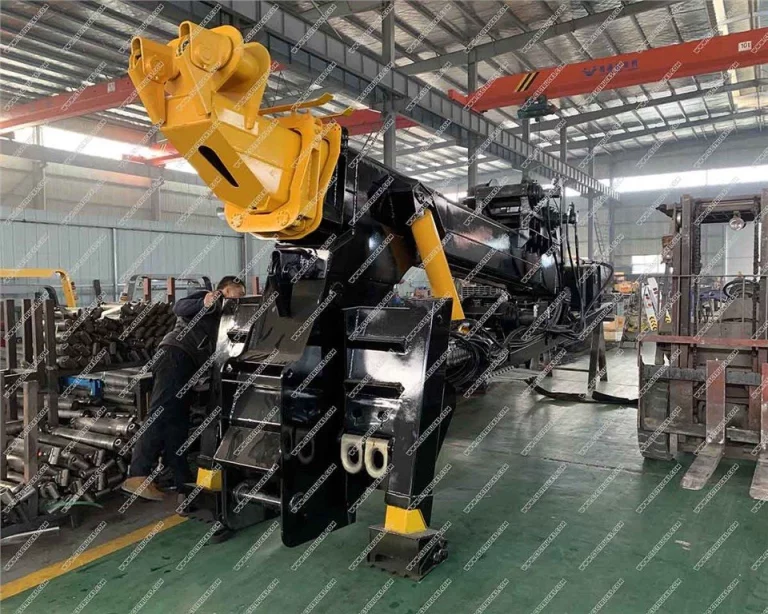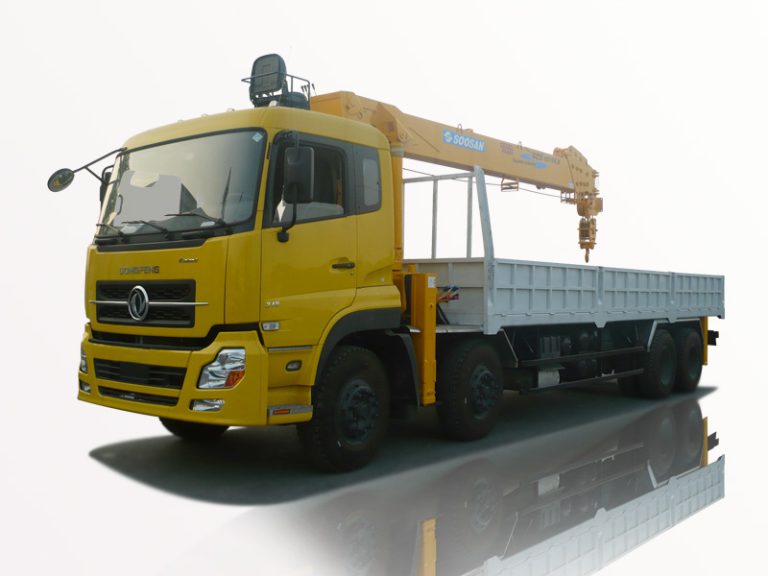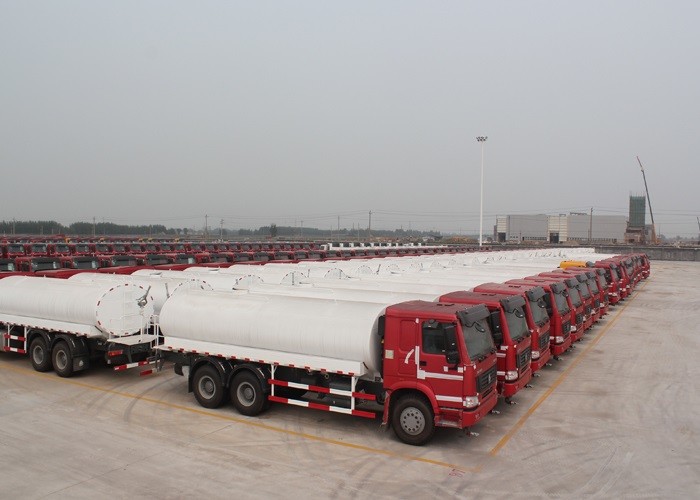Introduction
In the fast-paced world of logistics and transportation, efficiency and flexibility have become paramount. The 20ft container trailer is an essential piece of equipment that serves multiple industries, providing a robust solution for transporting goods and materials. In this comprehensive guide, we will explore the ins and outs of 20ft container trailers: what they are, how they work, their advantages, and practical applications. Whether you’re a logistics professional or a business owner considering buying or renting one, this article is tailored to provide you with all the insights you need.
What is a 20ft Container Trailer?
A 20ft container trailer is a specialized vehicle designed for transporting 20-foot shipping containers. These trailers come in different styles and configurations, adapted to various shipping and logistical needs. They play a crucial role in intermodal transportation, allowing for seamless transfer of cargo between ships, trucks, and trains.
Components of a 20ft Container Trailer
Understanding the main components of a 20ft container trailer will help you appreciate its functionality. Here are the essential parts:
- Chassis: The frame that supports the trailer and the container.
- Axles: Typically equipped with two or three axles for load distribution.
- Kingpin: A device that connects the trailer to the truck for towing.
- Container Locks: Mechanisms that secure the container in place during transport.
- Wheels and Tires: Essential for mobility, designed to support heavy weights.
Advantages of Using a 20ft Container Trailer
Using a 20ft container trailer offers numerous benefits for businesses involved in transportation and logistics.
1. Versatility
The 20ft container trailer can handle a wide range of cargo types, from dry goods to machinery and even hazardous materials. This adaptability makes it an excellent choice for various sectors, including manufacturing, retail, and construction.
2. Cost-Effective Solution
Utilizing 20ft container trailers can significantly reduce transportation costs, especially for companies that need to frequently move goods over long distances. They are often more fuel-efficient than larger trailers.
3. Enhanced Security
Containers are designed for security and protection against theft and weather-related damage. Locking mechanisms and durable materials ensure that transported goods arrive safely at their destination.
4. Easy Loading and Unloading
Container trailers facilitate efficient loading and unloading processes, especially when using cranes or forklifts. This can reduce labor time and costs associated with shipping operations.
How to Choose the Right 20ft Container Trailer
Selecting the right 20ft container trailer involves various considerations to meet your specific needs.
1. Determine Your Cargo Type
Your cargo type will dictate the kind of container you need. For instance, refrigerated containers are necessary for perishable goods, while standard containers are suitable for general merchandise.
2. Assess Weight Capacity
Ensure that the trailer can support the weight of your cargo. Most 20ft container trailers have a maximum load capacity ranging from 20,000 to 30,000 pounds. Always check the specifications to avoid overload.
3. Evaluate Trailer Condition
If purchasing a used trailer, inspect it for wear and tear. Always check for rust, structural integrity, and axle performance to ensure safety during transport.
4. Consider Loader Compatibility
Ensure that the trailer is compatible with your existing hauling equipment. Check the dimensions and connector compatibility before making a purchase.
Practical Examples of 20ft Container Trailer Usage
Understanding real-world applications can provide valuable insights into how 20ft container trailers are used effectively.
Example 1: Construction Industry
In the construction sector, 20ft container trailers are used to transport tools, equipment, and materials to job sites. The security and portability of the containers protect valuable assets from theft and damage.
Example 2: Retail Distribution
Retail businesses can utilize 20ft container trailers for transporting stock between warehouses and retail locations. This not only saves costs but also allows for the rapid turnover of inventory.
Example 3: International Shipping
20ft container trailers play a vital role in international logistics. They allow for easy loading onto cargo ships, providing a streamlined process in moving goods across oceans.
Tips for Maintaining Your 20ft Container Trailer
1. Regular Inspections
Schedule regular inspections to check for any signs of wear, including brakes, tires, and frame stability. Address any issues promptly to avoid costly repairs down the road.
2. Keep it Clean
Maintain a clean trailer to reduce wear from dirt, mud, and debris. A clean surface also helps identify potential problems more easily.
3. Lubricate Moving Parts
Regularly lubricate axles and wheel bearings to reduce friction and extend the life of your trailer.
4. Monitor Tire Condition
Inspect tire pressure regularly and replace tires that show signs of excessive wear or damage. Properly inflated tires improve safety and fuel efficiency.
Cost of Owning and Operating a 20ft Container Trailer
The cost associated with owning a 20ft container trailer can vary widely based on several factors:
1. Purchase Price
The cost of buying a new 20ft container trailer typically ranges from $3,000 to $10,000, depending on brand, condition, and features. Used trailers may be less expensive but could require additional repairs.
2. Maintenance Costs
Annual maintenance costs can range from $500 to $1,500, depending on the frequency of use and necessity of repairs.
3. Insurance
Insurance costs will depend on your location, the value of the trailer, and your driving history. Expect to pay anywhere from $200 to $1,000 annually for coverage.
4. Fuel Costs
Fuel costs will vary based on your vehicle’s efficiency, the distance transported, and current fuel prices. Be sure to factor in these costs when budgeting.
Regulations and Compliance
When operating a 20ft container trailer, it is essential to follow local and federal regulations for safety and compliance. Key areas to focus on include:
1. Weight Limits
Ensure that you adhere to weight regulations to prevent fines and maintain safe driving conditions.
2. Licensing Requirements
Drivers operating a vehicle with a trailer must meet licensing requirements, including commercial driver’s license (CDL) regulations in some cases.
3. Maintenance Logs
Maintaining records of inspections and repairs is essential. Not only does this help with compliance, but it also aids in resale and maintaining value.
FAQ Section
1. What is the maximum weight a 20ft container trailer can carry?
The maximum weight varies by design, but most can safely carry between 20,000 to 30,000 pounds.
2. Can I rent a 20ft container trailer?
Yes, many companies offer rental options for 20ft container trailers, which can be economical for short-term projects or seasonal needs.
3. How do I secure a container on a trailer?
Containers typically come with locking mechanisms designed to secure them to the trailer’s chassis. Ensure that these locks are engaged before transport.
4. What types of goods can be transported using a 20ft container trailer?
20ft container trailers can transport a variety of goods, including dry cargo, machinery, and perishable items in refrigerated containers.
5. How often should I perform maintenance on my trailer?
Conduct inspections before and after each trip and perform more thorough maintenance at least once a year.
6. Are 20ft container trailers suitable for international shipping?
Yes, they are widely used in international shipping due to their compatibility with cargo ships and efficiency in transferring goods between land and sea transportation.
